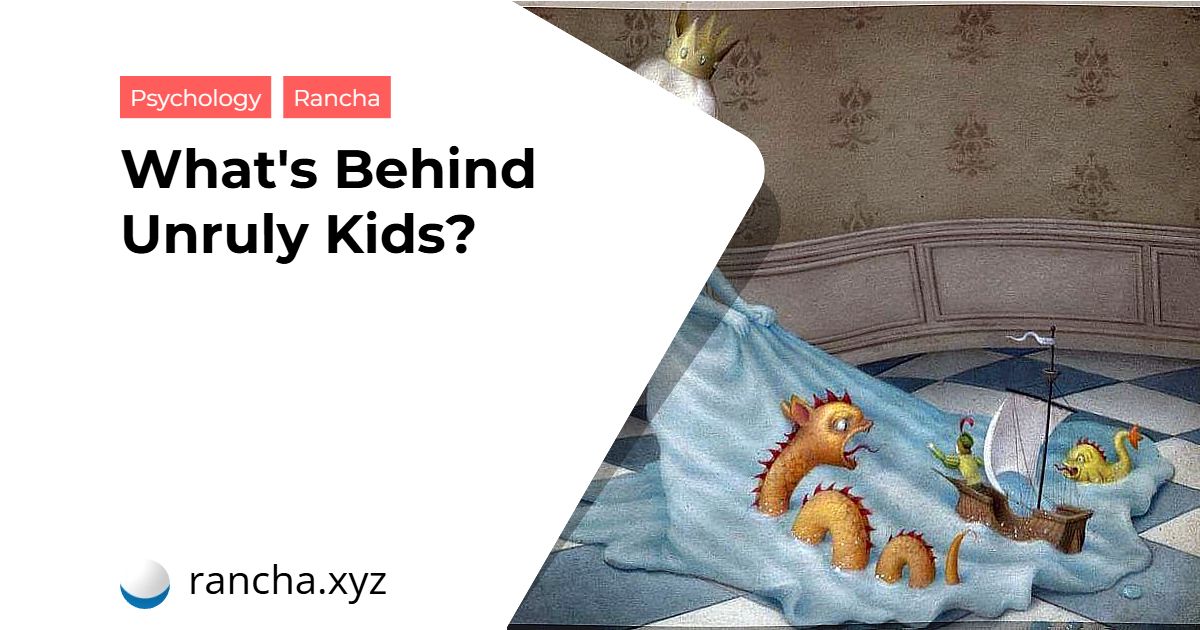Indiscipline. Big dilemma and big problem. Sometimes we don’t notice this attitude, even when it’s too late, when our children’s reactions no longer cause us to smile but to grimace with concern or irritation. A no, a trick, a reaction that challenges our authority or that of the educators. How to solve these problems? Or, even more, what causes these behaviors in children? Let’s see below.
behind indiscipline
Educators and educational professionals warn us: behind an undisciplined child there is, in fact, an incorrect educational model. We have to be clear about this as children grow and seek our limits, and want to have their own autonomy, without understanding the rules of society yet. They can become demanding and authoritarian, unable to deal with frustration, continual demands for attention, objects, and rights.
These are children who were not controlled and who had no established limits. Indiscipline is, in essence, a lack of control and guidance on the part of those who have the responsibility to educate. It is true that each child is unique, that he has his own personality and a character that is certainly not the same as his brother’s character, for example.
However, it is the task of all of us, as fathers, mothers, grandparents, teachers or psychologists, to frame each behavior within such limits, where we have to learn to live in society, respecting each other in harmony. If a child does not see the limits, he will not fail to find more and more frustration, because he will never see his needs and desires fulfilled. She won’t know how to respect others, not even herself.
On occasion, we can see many fathers and many mothers slightly unconcerned about what is important to the child. They are very permissive educational models; at times, even unaffected, nervous, inconsistent in their norms… dimensions that, little by little, shape these undisciplined children that we all know and have seen.
Conscious and disciplined education
To educate children, it is necessary to assume a series of basic ideas:
– We have to assume our authority. Beware: Authority has nothing to do with raising your voice, shouting, enforcing uncompromising rules or severe punishment. Having authority means that, as parents, we have a responsibility – and an obligation – to educate people who will live in society. People who understand the rules, who learn to be independent, take responsibility and respect others. Our orders must be consistent and logical.
– Learn to set limits. They are essential when it comes to educating. Children must know what is good and what is not, what is expected of them in each situation and what they can and cannot do. If these limits are coherent and maintained, children will be able to assume them throughout their lives and will grow up understanding the norms. If they don’t know where the limits are, we will educate young people with little resistance to frustration, people who are essentially unhappy and dissatisfied.
– Democratic education. It’s basic. Every rule must be negotiated, also explaining what the purpose is. You need to show closeness and understanding to children, so that they know they will always be listened to, that their words matter and that our rules are intended to give instructions to teach them that the society in which they live is also made up of rules. It is necessary to give examples, establish an open communication, where there is no blackmail or double meaning.
We must go carefully. Undisciplined children are sometimes the reflection of an erroneous, permissive and uninterested upbringing. As parents, as educators, we understand that having children is a great responsibility. We must strive and serve as a model, as guides in a society in which we must learn to be happy. And, to be happy, we must respect, value, listen, give in, assume, undertake… all of this is taught by discipline.
Image courtesy of Nicoletta CeccoliVam
 rancha.xyz Be free to choose their own route to self-knowledge, health and balance of body and soul.
rancha.xyz Be free to choose their own route to self-knowledge, health and balance of body and soul.




